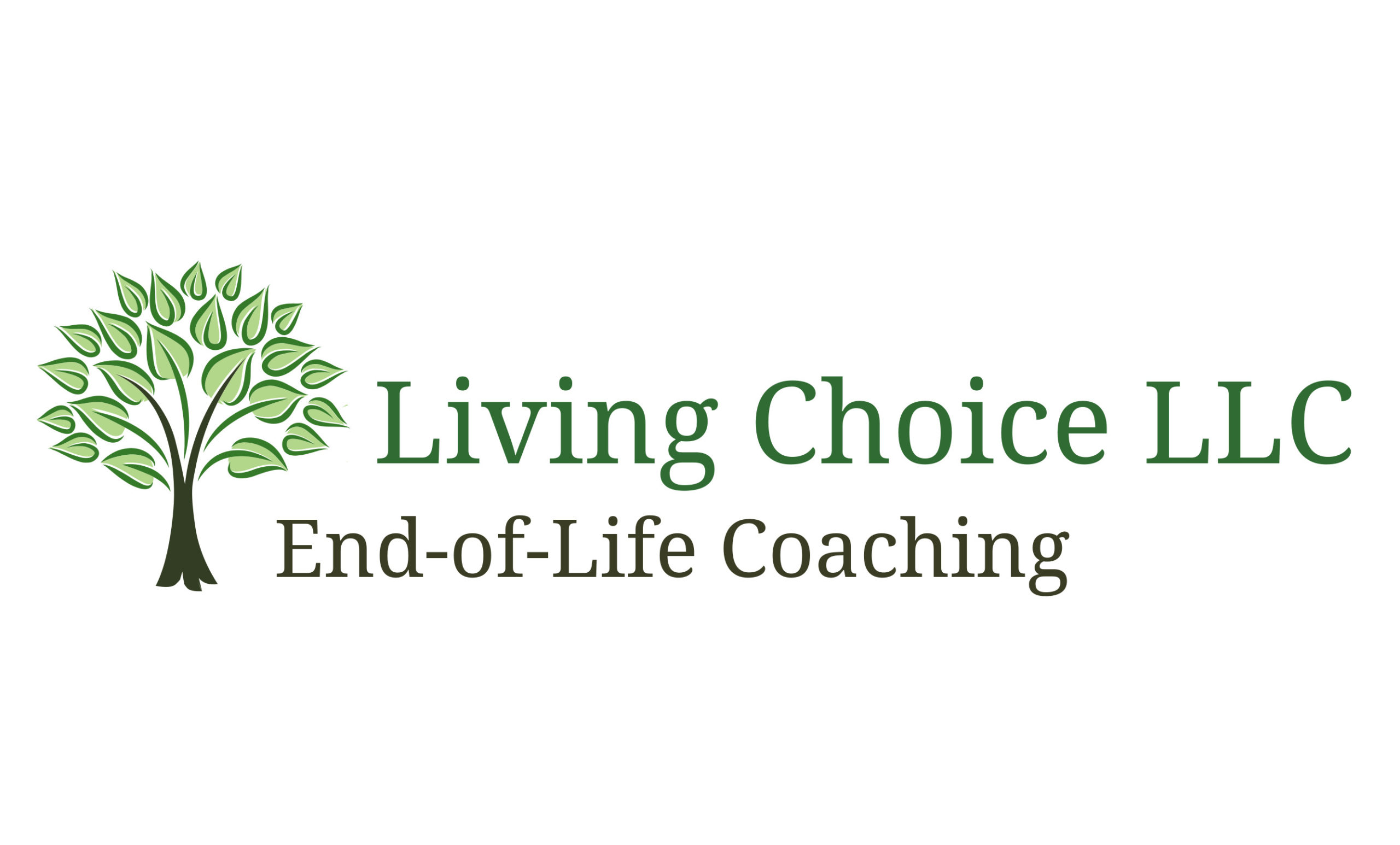Advance Directives : What’s in it for me?

A very wise gentleman told me the other day, If you want people to complete an advance directive or living will, they need to know what the benefit is, or what’s in it for me. Let’s explore the many personal benefits of examining what is most important to you now, and completing an advance directive for health care decisions. Knowing that only 30% of Americans have completed any sort of advance directive, I was curious to hear my neighbors’ experiences with end-of-life planning. We have a weekly get together at our local coffee shop to discuss end-of-life concerns and their experiences with Advance Directives. . I think that my neighbor was on to something. With that in mind, we will not even mention the well known obstacles but will jump right into the personal benefits of planning for healthcare decisions for the rest of your life.
Your personal beliefs and values will be honored. If you take the time now, to examine your values and get clear on what is most important to you, you can make a plan to ensure that every medical decision that you make going forward honors you. Should you come to a place where you are unable to make decisions for yourself, your loved ones can refer to the document and continue to make medical decisions that are congruent with your values and beliefs. Before you think that your family would know what you want, studies have shown that we are only around 60% accurate in predicting what our loved ones would want. Substituted judgment is our standard but it is flawed. You are more likely to have your wishes honored if you make them clear.
Peace of Mind, you will have made the tough decisions so your loved ones don’t have to. So there is peace of mind for you and your loved ones. The medical team will be relieved as well to know that they are caring for you in a manner that you wished.
It is empowering. It is all about honoring the life you lived and ensuring a positive legacy. To know that you have a voice in the care you receive and that you can refuse treatments that you decided would not be beneficial for you should you come to a place where you cannot speak for yourself. You can then focus your energy on what is important to you.
Improves the quality of your life. By examining what is most important to you now, the quality of your life will improve. Now and in the future. When we pause our busy lives and examine what we value, It gives us time to come off of auto pilot and start to make decisions in our best interest. This undoubtedly will improve the quality of your life. We are not just talking about healthcare decisions. Time with family, time with friends, hobbies, sports, you name it. What you value doing with your time will help guide what medical decision you will make in the future.
Alleviate unnecessary suffering. By making clear what you do not want regarding medical care you will avoid treatments that have no chance of adding to that quality of your life. Read There Are Worse Things Than Death and you will understand.
You get to choose who will make medical decisions for you. The best person to be your decision maker, should you not be able to speak for yourself, may not always be the one closest to you. You can choose someone who you know will follow what your wishes. I once cared for a young woman in her 30’s. A PhD candidate who had leukemia. She was very insightful and knew that her mother and aunt who raised her would have a difficult time allowing her to die when treatment failed. She appointed her father who she had not seen since she was two years old. She wrote in her advance directive that she knew that he would be dispassionate and do what she requested, which was to stop treatment and allow her to die a comfortable death when it was time.
You will have more choices. This covers choices from where you will die to how you will die and all of the care in between. 80% of people say they want to die at home. But only 20% do. This is mostly because of planning. It takes a lot of coordination and resources to make that happen. Preparing well in advance can ensure that your wishes are honored. Are there people you will want to see? Amends to be made or forgiveness to be requested or given? This can take some coordination. So many of those opportunities are missed due to lack of planning. If you are considering Medical Aid in Dying or Voluntary Stop Eating and Drinking (VSED), know that these options must be considered well in advance and it is helpful to have a well documented history of decisions that support your intention.
Most of all, it is about you. You can ensure that you leave a legacy of a life well lived and a death that reflects what is best about you and what is most important. You can exercise some control over how you want to be remembered. You have one life to live and you can live it on your terms until the end.
We all have the right to decide what medical care we want to receive and a right to refuse treatment that we consider too burdensome or undesirable. Your Advance Directive/LIving Will can be used to communicate your hopes and wishes. There is a range of choices available to all adults. From Medical Aid in Dying should you be in a terminal condition to writing an advance directive that states that you want everything done to extend your life as long as possible. You can request that “no dollar be unspent in an effort to keep you alive as long as possible”. True story, I did care for a patient in the ICU once who had that written into an advance directive. In the end, ethically, we only could do what was medically appropriate but we did take care of him for a long time. I hope this post provides food for thought and encourages you to invest some time into your future, your legacy.
